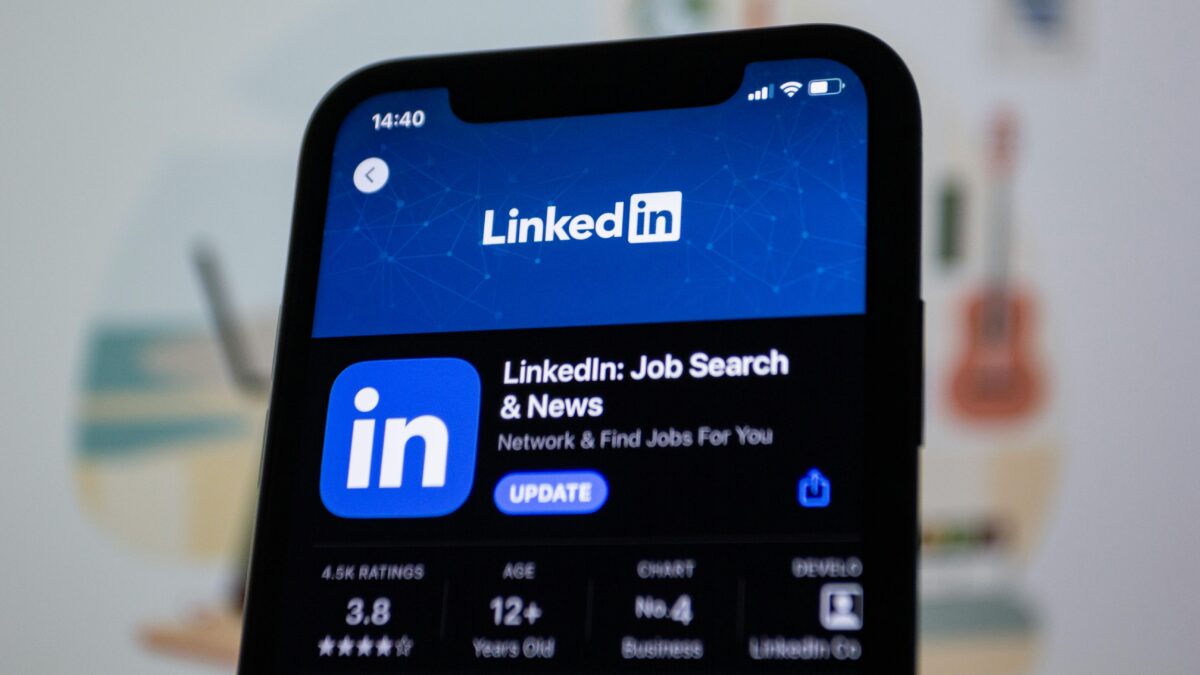I would have to guess that at the law firm where I toiled for 34 years, some people like what I write on LinkedIn, and some do not. The reason that I have to guess, is that with the very occasional exception of one Associate, none of them ever react or comment. Now you might think that the flaw in my logic is the underlying assumption that they are reading my stuff, but the LinkedIn analytics tell me that a good number of them do.
When I first noticed this phenomenon, I thought that perhaps they read what I post but do not like it, but if that were the case, why would they keep reading it? (And, if they keep reading it and dislike it, why don’t they say anything?)
I have been puzzling over this for a while, but I may have just hit upon the explanation. A friend of mine, who left a mid-sized firm to start her own firm, told me that one of her former colleagues was reprimanded for liking one of her posts. Further enquiry has confirmed that this is a real thing. Law firms, democracy’s protector of freedom of speech, apparently are not shy to curtail it among their lawyers. In some firms it is pretty well understood that liking the post of a departed lawyer or a competitor is a sin for which there is no redemption.
This got me thinking about whether a law firm Big Brother might have legitimate reasons to regulate the reaction of its lawyers to a social media post. Perhaps Big Brother fears that the lawyer might express approval of a post promoting human trafficking or one that is pro-life or pro-choice or pro-Trump or pro-Liberals or pro-NDP, or pro-Conservatives, or pro-something else that they should be against, and that might reflect badly on the firm or upset a client. Better to curtail all thought than to risk one of your people expressing an unpopular one, I suppose.
I imagine that some law firms have formal policies about all of this. That scares me a little bit. But what really frightens me are the firms that do not need to have a written directive for the lawyers to fear pressing the “like” button. I don’t think that I would like to work in a Gulag like that.
Of course, regulating Linked-In likes is just the thin edge of the wedge. Some firms do not want their lawyers posting anything on social media (this important function is entrusted only to the vaunted authorized “marketing people”), to avoid any possibility that they make something that is inconsistent with the firm’s brand, or that a partner may take issue with, or that is just plain wrong or dumb.
All of this suggests the following question: Why would a client want to trust someone with their legal work if that same person cannot be trusted to express an opinion?
This article was originally published by Law360 Canada, part of LexisNexis Canada Inc.
